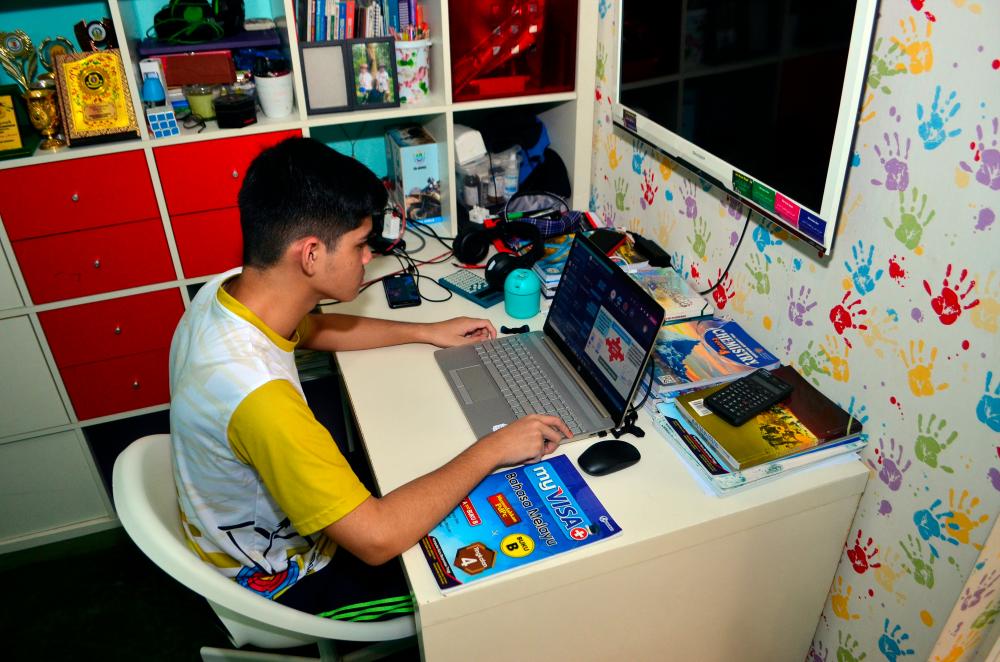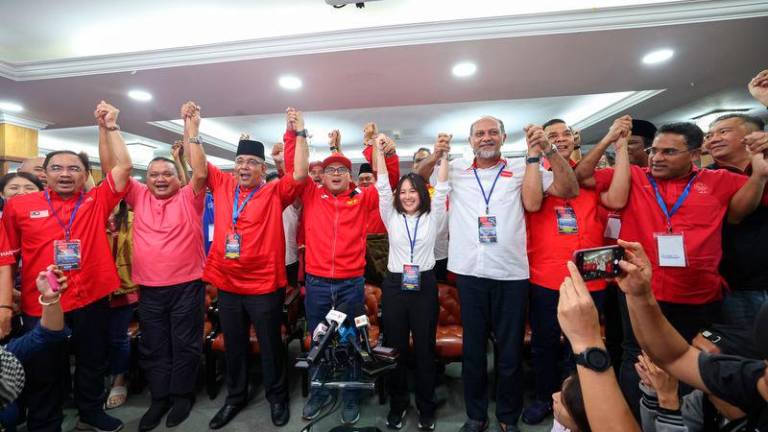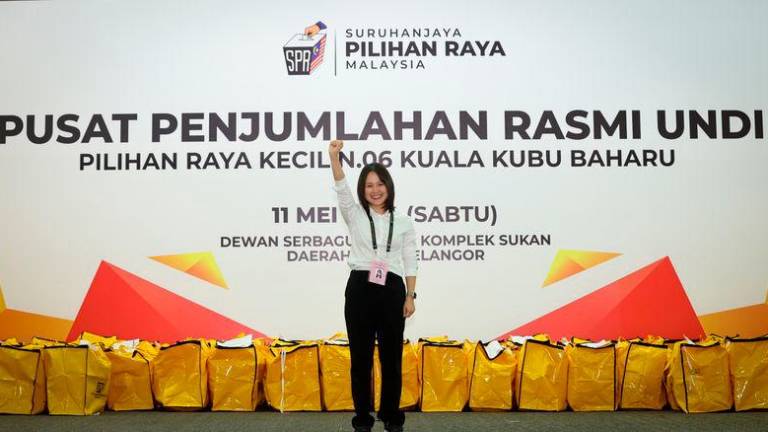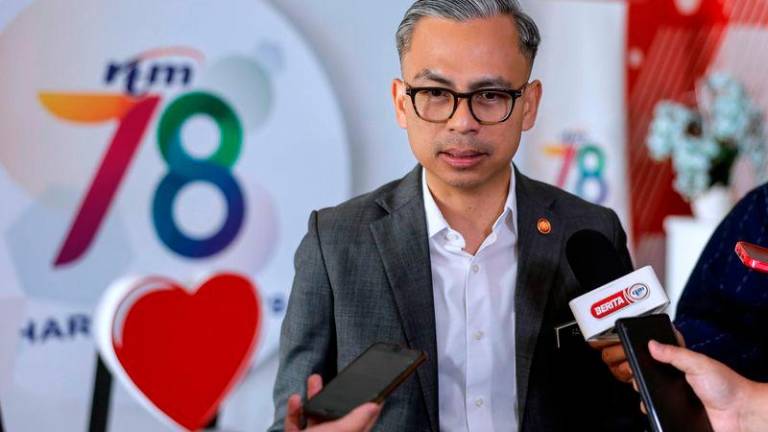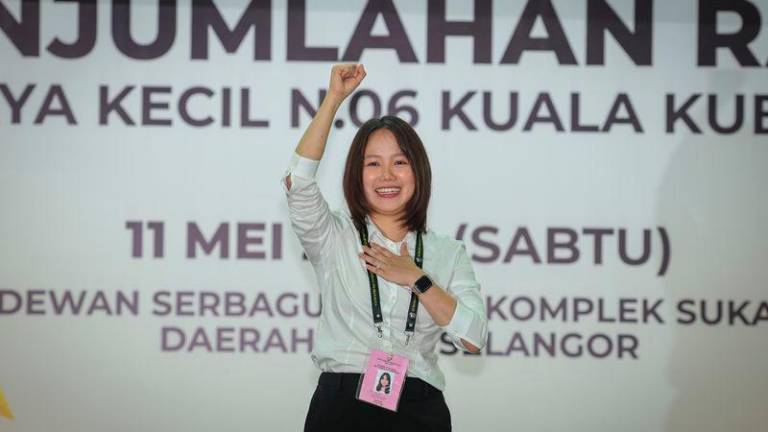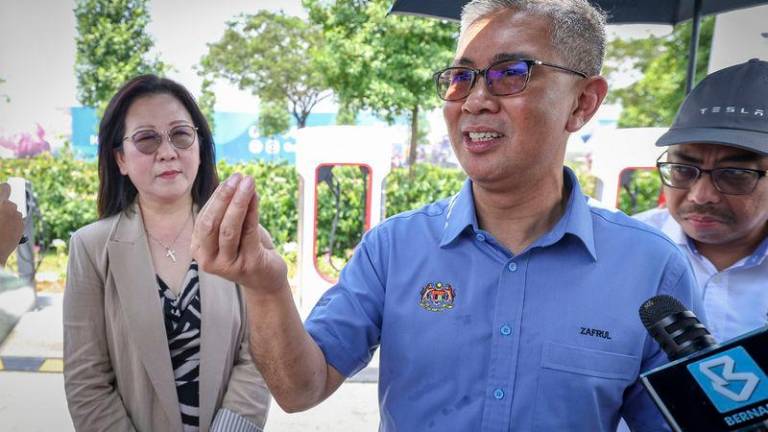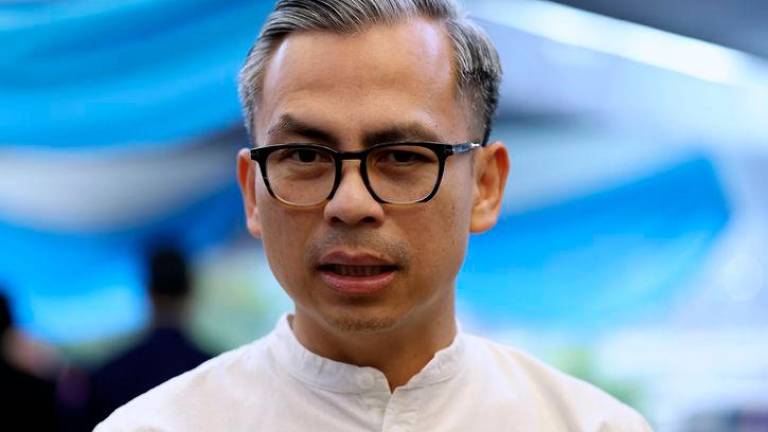KUALA LUMPUR: The Education Ministry (MOE) launched the Pemerkasaan Pelaksanaan Kurikulum programme (PerkasaKU) to bridge the learning gap that occurred following the Covid-19 pandemic.
Education director-general Datin Seri Nor Zamani Abdol Hamid said PerkasaKU will place comprehensive focus on the ministry’s efforts to restore students’ level of mastery towards learning, which was affected after face-to-face learning was postponed while home-based teaching and learning (PdPR) was implemented to ensure continuity of learning.
She said there were four main issues that teachers need to focus on in the programme for implementation, firstly Strengthening and Enrichment Strategies aimed to close the learning gap caused by various constraints during the online learning process.
“Secondly, the Literacy and Numeracy Restoration programme, which is a strategy to help pupils, teachers and parents or guardians to strengthen the literacy and numeracy skills in accordance with the pupil’s capabilities, especially for Level 1 (Year 1, 2 and 3) pupils who have yet to master the minimum 3R (reading, writing and arithmetic) during online learning.
“Third is to ensure Classroom Assessment, which is a continuous process and important component to obtain information to identify and record student development, progress, abilities and achievements in face-to-face learning and online learning are not neglected,” she said during her speech at the launch of PerkasaKU today.
To achieve this, she said that empowerment of classroom assessments must be continuously implemented to ensure that students’ level of learning capability and mastery are always assessed, recorded and monitored even during the period of online learning.
Nor Zamani said the fourth aspect is the preparation of a storage system for learning materials to manage, store and provide access to materials in digital format.
According to her, teachers, parents and students can access these materials at anytime from anywhere and the materials should be used by all to provide a positive impact on the education of each student.
Nor Zamani said the ministry is always concerned and focused on student learning that was possibly affected by the long duration of school closures as a result of the pandemic, and analysis obtained indicated there were certain issues including learning loss and learning gaps among students.
“In fact, from analysis and surveys made, the ministry identified face-to-face learning constraints that affected the mastery of learning and impacted the literacy and numeracy skills of Level 1 students, for example, which have to be addressed systematically,” she said.
PerkasaKU will be implemented from Sept 1 to Feb 28, 2022, covering Year One pupils till Form Five students.
The programme will also involve continuous classroom assessments throughout the face-to-face or online learning process, in addition to the National Physical Fitness Standard Test (SEGAK) that will also be implemented from September till November 2021.
The ministry also suggested that additional time be included in the form of a prolonged time table or a recalibration of the annual school year to provide a chance to students to gain the basic content needed for their learning.
It will also include bridging methods that will be extended till February 2022.
The ministry also suggested that all teachers fully understood the PerkasaKU programme, which has been drafted and developed as a catalyst to provide quality education for every student.
The ministry will also implement courses to guide and provide explanations to teachers to ensure the four main focus are implemented effectively.- Bernama



